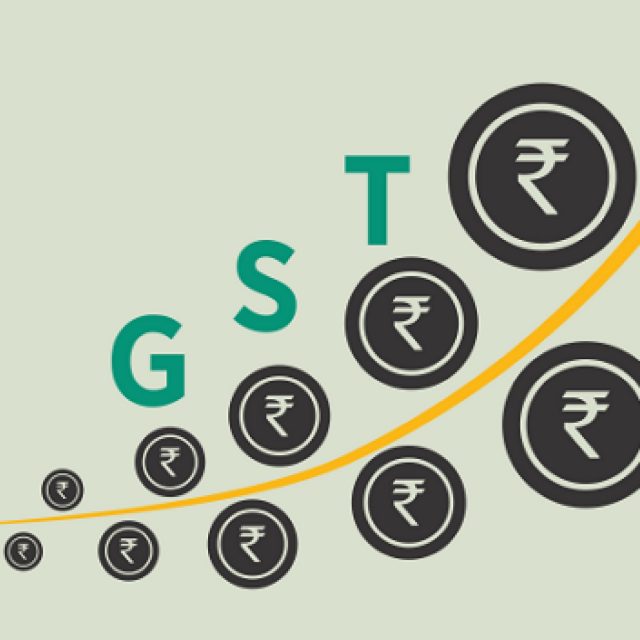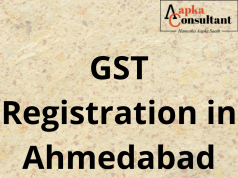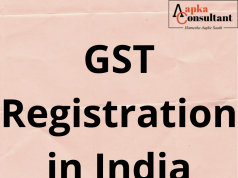The GST Bill was passed in the Rajya Sabha on 3rd AUGUST 2016 with 203 votes in support leading to a memorable change in the measurement of India’s development story. So Below are some Important Points about the GST in India.
- Now, GST in straightforward terms implies a uniform expense that will be actualized in the country all over. Merchandise and Service Tax will supplant all the circuitous expenses that are demanded by Central and State Governments.
- The current panel headed by ArvindSubramanian has prescribed the three-rate setup for taking off GST effectively. The board has prescribed that for merchandise that are implied for poor people, 12% GST can be required. The board has additionally recommended a 18% GST for all other normal things and 40% for extravagance things.
- In this recently passed GST Bill or the Constitution (101 Amendment) Bill, 2016, the exception list incorporates liquor, petroleum and its items.
- GST will empower the production of the GST Council involving the Union Finance Minister and individuals from the State Government. The Council will investigate all screen all issues identifying with GST and propose proposals on enhancing the GST Bill. It will investigate all variables, for example, expenses, exclusions and additional charges. The Council will choose the expense rate that will be collected by the Center and the State.
In what capacity will GST work in India?
- In a first of its kind activity, the GST will be actualized in two parts – Central GST or CGST and State GST or SGST. This double GST will be imposed on all the supply of products and enterprises all over the nation.
- Therefore, if there is a deal inside the State, then the both CGST and SGST will be charged. Be that as it may, if the deal is outside the State, then just the Intra-State GST will be imposed by the Center.
- CGST is getting rid of circuitous assessments such Central Excise Duty, Service Tax, Addl. Traditions Duty, Special Addl. Traditions Duty and in addition Addl. Extract Duty. These aberrant duties are those that are gathered by the Center.
- SGST will evacuate roundabout assessments on products and enterprises which are charged by the State, for example, VAT, Entertainment Tax, Purchase Tax, Octroi, Luxury Tax and Entry Tax.
- The credits of Input Tax of CGST will be available for settling the yield of CGST risk at each stage. In like manner, in the States, the credits of SGST gone up against the data sources will be made accessible for clearing the yield of SGST’s risk at every stage.
Advantages of GST in India:
- For Corporate India, GST will evacuate the falling impact of assessment. Accordingly of which, twofold tariffs will lessen as the Center and State are working couple. So, we will see critical stride towards changing the aberrant expense framework in India.
- Another advantage is the intra-state business will be less expensive. The taxation rate on coordination will decrease and get to be distinctly consistent as organizations should pay a uniform duty in all states the nation over.
- GST makes ready for India turning into a national market. For worldwide players, this uniform duty structure on backhanded expense will help in simplicity of working together.
- The usage of GST will likewise streamline the sloppy players as all partners who have officially paid charges will consistence evidences to guarantee their set-offs. This will acquire straightforwardness in the framework.
- For the Government, the GST is shelter that was long coming. The primary advantage would be less demanding organization, particularly as all the roundabout charges are supplanted by GST.
- The coordination between the State and Center will enhance as there is no administration of different charges, for example, benefit assess, extract obligation, and so forth. Moreover, a vigorous IT foundation set-up will give a smooth exchange of credit from information charge from one level to the next in the inventory network.
- For the customers, who are toward the finish of the store network, will be the greatest recipients, if the organizations exchange the alleviation increase through GST to them.
- The customers won’t need to pay more for any merchandise or administrations as the shrouded assessments are altogether evacuated in the GST. This will get straightforwardness the grass root level of the production network.
Author: This blog is written by Ms. Harshita Tomar, a passionate blogger & intern at Aapka Consultant.
OUR SERVICES
Company Registration I Trademark I Copyright I Patent I GST I MSME
ISO Certification I Website/App Policy I Legal Documentation
Annual Compliance I Connect Consultant
Visit: Aapka Consultant to get Online Services of CA CS & Lawyers.












